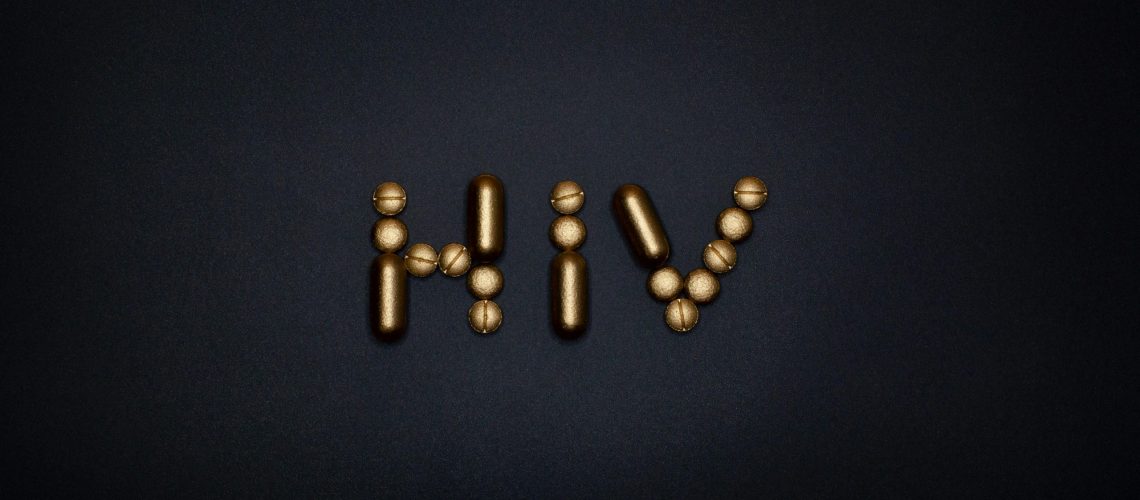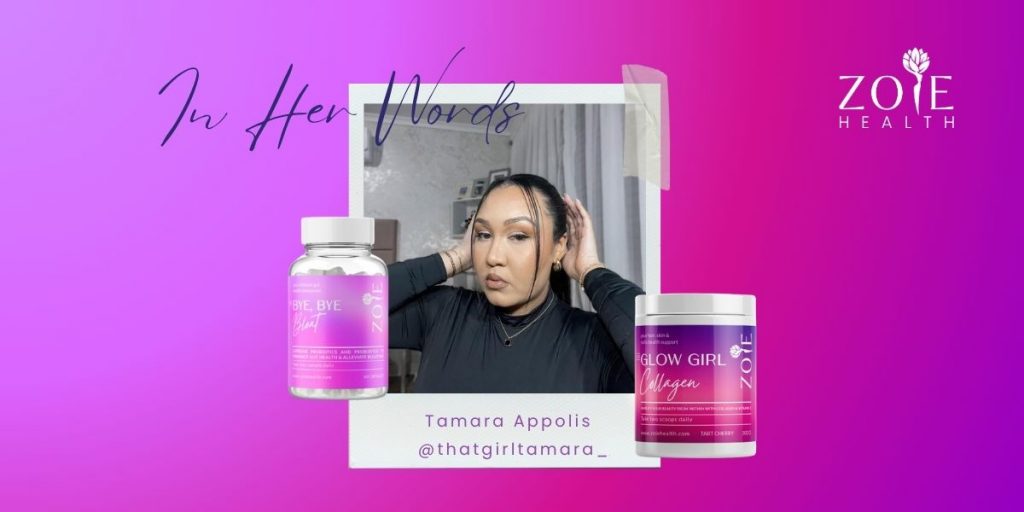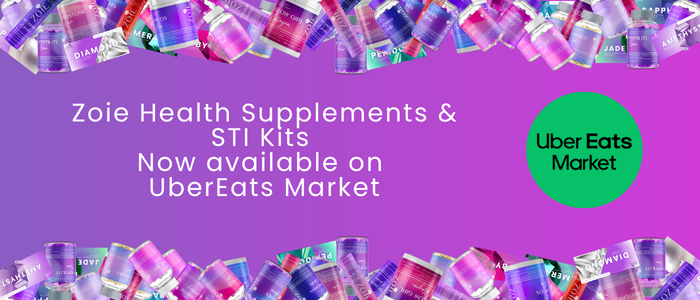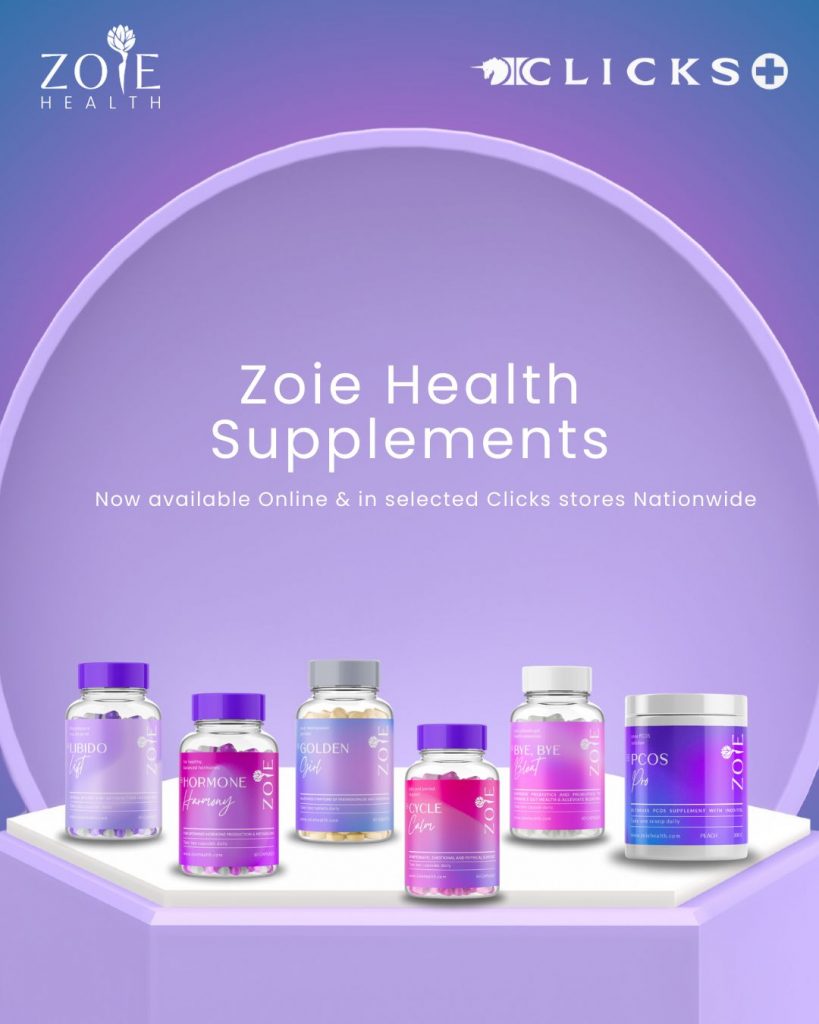By Cornelia Postma
For moms living with HIV, the journey to motherhood can come with extra questions, fears, and decisions. But here’s the truth: being HIV-positive does not mean you can’t have a healthy pregnancy or a thriving, HIV-negative baby. Thanks to incredible progress in treatment and care, more women in South Africa are giving birth safely—and confidently—than ever before.
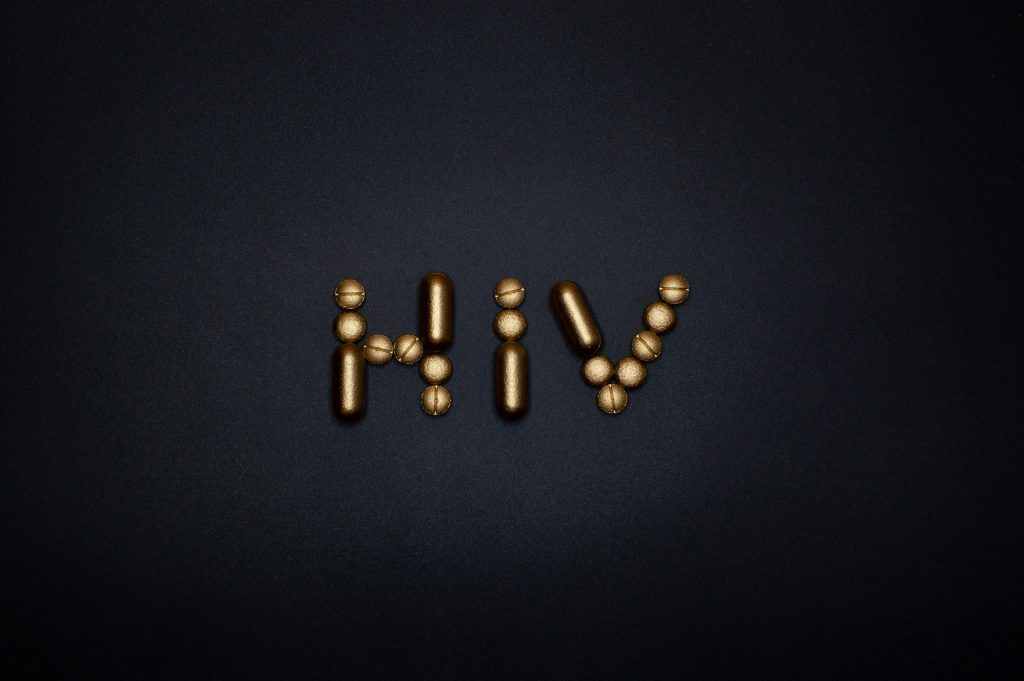
Let’s walk through what you need to know, the care you’re entitled to, and how to take charge of your health at every step.
The Stats: Where We Stand
South Africa has one of the highest HIV prevalence rates globally—nearly 30% of pregnant women are living with HIV. But alongside this statistic is a story of strength and transformation: mother-to-child transmission (MTCT) rates have dropped from over 20% two decades ago to under 2% today, thanks to national prevention and treatment programmes.
Listen to our Womankind Podcast Episode about HIV and STI’s
With the right support and treatment, you have every reason to believe in a healthy outcome for both you and your baby.
Understanding PMTCT: How Treatment Protects Your Baby
PMTCT stands for Prevention of Mother-To-Child Transmission. It’s a package of care and treatment designed to protect your baby during:
- Pregnancy
- Labour and delivery
- Breastfeeding
Here’s what that care looks like:
- Antiretroviral therapy (ART): Starting or continuing ART during pregnancy is key. It lowers your viral load, often to undetectable levels, which drastically reduces the chance of transmission.
- Monitoring viral load: Regular testing ensures your treatment is working and that it’s safe for you to give birth vaginally.
- Infant antiretroviral prophylaxis: After birth, your baby will be given medication to protect them further, especially in the early weeks of life.
- Exclusive breastfeeding or safe formula feeding: Current guidelines recommend exclusive breastfeeding for six months if you are virally suppressed and on ART, as breast milk provides vital nutrients and immunity.
With consistent care, the risk of passing HIV to your baby can be reduced to less than 1%.
What About Birth?
Contrary to outdated beliefs, most HIV-positive women can safely deliver vaginally—as long as their viral load is undetectable and there are no other complications.
However, a planned caesarean section may be recommended if your viral load is high or if you’re not on treatment. Your healthcare team will help guide this decision based on your individual case.
Important: Never stop taking ART during or after pregnancy unless your doctor advises otherwise. Lifelong treatment keeps you healthy and protects your baby, especially during breastfeeding.
Let’s Talk Breastfeeding
This is often one of the most confusing and emotional parts of the journey—but there’s guidance.
The South African Department of Health recommends:
- Exclusive breastfeeding for the first 6 months, meaning no formula, water, or solids.
- Continued breastfeeding up to 12 months or longer if you’re virally suppressed and adherent to ART.
Mixed feeding (combining breast milk and formula or solids before 6 months) is discouraged, as it increases the risk of HIV transmission.
If breastfeeding doesn’t feel right for you—emotionally, physically, or logistically—you can choose to formula feed safely, especially if clean water and consistent supply are available.
The Human Side: Stigma, Disclosure & Support
Many moms living with HIV still face stigma—from family, partners, even healthcare workers. That’s not okay, and it’s not your fault.
Here’s what you need to remember:
- You don’t have to disclose to everyone, but it helps to have one or two trusted people you can lean on.
- If your partner doesn’t know your status, healthcare providers can help you navigate that conversation safely.
- Peer support groups and online communities (like the ones you’ll find through Zoie) are powerful places to get real talk, empathy, and hope.
Living openly with HIV is a deeply personal choice—but you are not alone in this.
Postpartum & Beyond: What Happens After Birth?
- Keep taking your ART. It’s a lifelong commitment, and staying adherent is key for your long-term health.
- Your baby will be tested at birth, six weeks, and again after weaning to make sure they’re HIV-negative.
- Mental health matters. If you’re struggling emotionally, ask for help—whether it’s through therapy, community support, or just venting to another mom who’s been there.
The Bottom Line
Being HIV-positive doesn’t define your pregnancy—or your power as a mother. With access to ART, consistent medical care, and the right support, you can confidently navigate this journey and raise a healthy, HIV-negative child.
At Zoie Health, we believe every mom deserves respectful, informed, and empowering care—no matter her HIV status. Whether you’re looking for a virtual consult, guidance on treatment, or just a safe space to ask questions, we’re here for you.
About Zoie Health
Zoie Health is at the forefront of women’s wellness, offering quality, affordable, and accessible supplements tailored to the unique health needs of women. With a focus on synergy, Zoie Health’s products are designed to work together, providing your body with the comprehensive support it needs to thrive. With our online Zoie Shop and Pharmacy, our unique virtual consultations, and vast communities of women, we strive to provide good quality healthcare to underserved populations.
Sources:
UNICEF, SA National Dept. of Health. SASOG, South African HIV Clinicians Society, WHO


